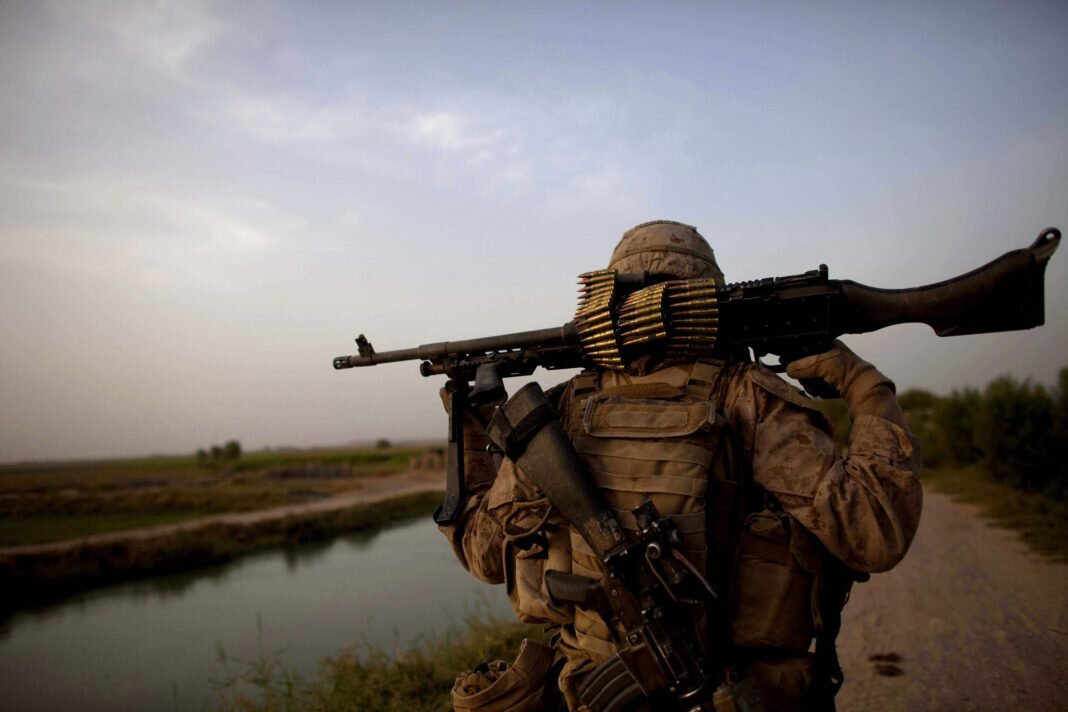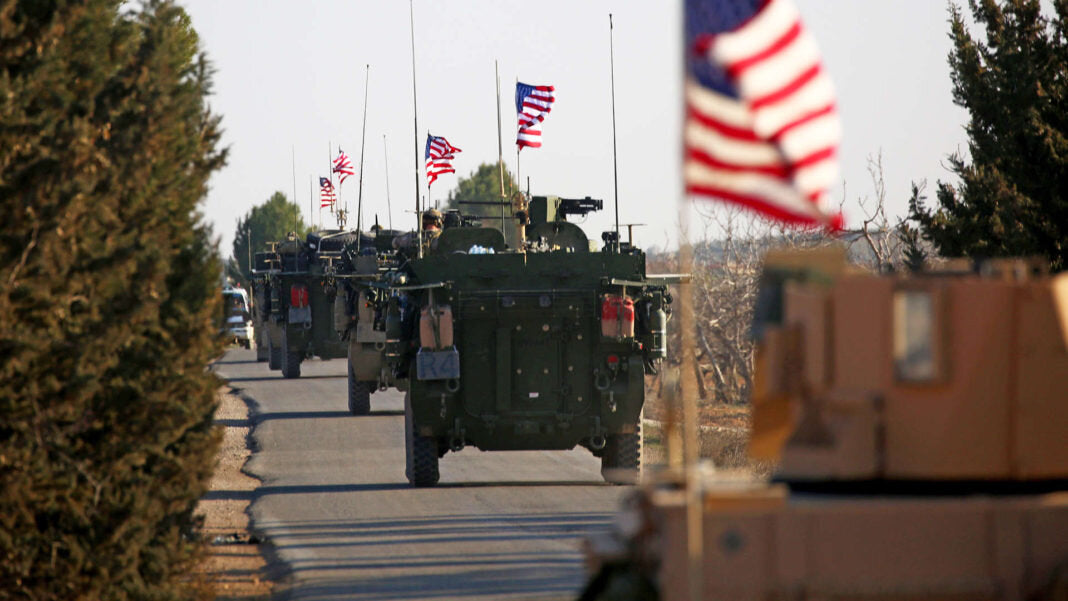
Marine Photo Scandal; Truth Is Rarely PC



Recently America was made aware of a photo scandal involving the US military. At the height of it, explicit pictures of female service members were posted online without their consent; brought to light by a military veteran who had since become the target of criticism from the very veteran community in which he himself belongs to. It seems the pictures fell into two categories; women who sent them to someone who later posted them in military and veteran pages, and women who never knew the pictures had been taken to begin with. And while the latter is the more morally reprehensible of the two, the public reaction shifted from privacy rights in the digital age to focus largely on the morality of the military and veteran community as a whole.Naked pictures online: the phenomenon is nothing new, and certainly isn’t a public relations bruise unique to the military. Whether our politicians or our celebrities, periodic headlines about someone’s genitals sent to the cyber-stratosphere has become more and more common as our society has become increasingly involved with our social media and the devices we use to engage it.The real issue here isn’t whether or not the military, or one of its specific branches, is heading toward moral bankruptcy. The issue is rather a society unwilling to view its own military population in a more realistic context.Honor is what is being questioned. Is it leaving institutions long regarded as paragons of that very thing? To the dismay of the uninitiated—the unversed in wearing the uniforms and carrying the weapons for a few years—it isn’t. Like so many veils social media is ripping from our eyes, what is leaving is our society’s ability to be blindfolded by cozy prejudices about our military which fit them the best. Marine veteran author, Phil Klay, observed this with regards to the public pity often expressed for the aftermath of military service. Klay writes, “Pity sidesteps complexity in favor of narratives that we’re comfortable with, reducing the nuances of a person's experience to a sound bite.” This reduction applies equally to how we as a society construct a moral framework for those among us who’re in the military. A shallow, catch-all interpretation of what it means to be honorable is easy, comfortable, and ultimately just plain lazy.This shallow approach knows no political leaning either. From the Left’s patronization, like Chris Matthews referring to a young soldier in Afghanistan, without a clue but dutifully guarding their post “scared to death,” drumming up an image for the rest of us back home that “we can do better,” to the Right’s insistence that all who fought in the global war on terror did so to defend Mom, God, and Apple butter; oversimplifying the military and its veterans is possibly the last true bi-partisan effort left in our polarized era.Though examining semantics is about as attractive as falling in a puddle of mud nowadays, the term “honor” itself is where the heart of this issue really lies. A man who suffers a barrage of gunfire to rescue his dying platoon-mates can also later (or prior to) do unwelcome things . . . like post nude pictures of someone else online without their consent, for instance. And yes, doing so is wrong, and shouldn’t be shunted to the wayside with jaded calls that we’ve grown too sensitive. Human sexuality, gender norms, hyper-masculinity, can we treat one another a little better—we can. It’s all up for deliberation, lets dig in, but understand this, Honor in the military arena has rarely fit harmoniously with the rest of society’s.And for good reason.Military life suspends much of the norms society is accustomed to. While a military and its members are often superb sources of inspiration, like it or not, providing role models is nothing more than a positive side effect. A military exists to kill. Plain and simple. What do they think comes out of all those rifles, machine guns, howitzers, and tanks? Some military jobs are more face-to-face with death than others, but even the remotest support role ultimately still serves to facilitate this very mortal and brutal function.Take the ground-combat units, often both the prime target of the political-correctness police as well as the prime source of rowdy behavior from within the military and hero worship from outside it. A person here is equipped with the appropriate tools then physically and psychologically trained to shoot out a piece of metal. This metal tears through the air faster than the speed of sound, and if the shooter is trained sufficiently, on the receiving end is another person—a human being with their own family and hopes and thought, who grew from a baby to climb the human experience all to end with permanent cavities bore into their vitals. One lives, the other is annihilated out of space and time. This is not normal society, and we are all grateful for it.From my own personal experience, and from the second-hand experience of other veterans who served in various wars under various specialties—a good soldier isn’t necessarily going to be a good role model. At least not always. National nostalgia will have to take a backseat too; rarely have I met an old vet from WWII or Vietnam that isn’t happy to tell tales of his wild, young man’s days in European brothels or Pacific ports—they just didn’t have Facebook.The truth, ugly for some as it is, has surfaced yet again, and will continue to resurface as long as there are wars to fight and militaries to fight them. Whether it be mild offenses like raunchy and insensitive views typed out online or more palpable controversies, the nature of who is actually responsible to do the fighting is rarely welcomed when their stereotype is wiped of its feel-good fluff. As the Marine Corps Times wrote during the public reaction to Marine’s urinating on dead Taliban, it “highlighted the shock and backlash that results when the ghoulish realities of war are thrust into the public eye.” These realities are not limited to war itself, but also include the totality of who participates in them.The nude pictures: if rights and laws were violated, they’re to treat it as all other cases. But the sky isn’t falling. In fact, embedded in the controversy is the long overdue opportunity for growth and understanding; add our military population into the categories of complexity and moral ambiguity that we love to place so many other groups in.It’s time for a healthy chunk of America to face it: Their heroes aren’t always choir boys. It has been made clear, war after war; the energy that is often attracted to such service—though increasingly despised and swept under the rug in our societal march toward egalitarianism—comes hand-in-hand with the same energy required, from time to time, to do the hard and terrifying work others won’t, or can’t.—Mr. Blonde
Written By David Rose (AKA Mr. Blonde)
March 22, 2017









